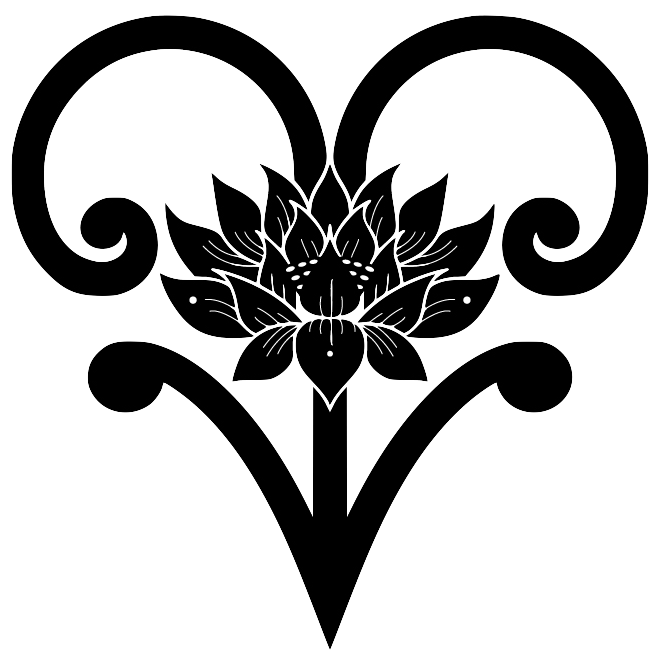Stephanie Part II: Weeding Out the Seeds of Shame
Last time I shared about my battle with shame in my youth. When I entered the workforce, I discovered a whole new realm of shame and perfectionism. In the workplace, my perceived failures were now measured by more tangible things, such as dollars, promotions, and opportunities. No matter how I succeeded, I could always point to a peer or a friend who was doing better or who had succeeded a little bit more. This added a new dimension to my feeling of shame.
I began to worry about being an imposter. I worked in advertising for many years but no matter how much experience I acquired I always felt that I wasn’t a real ____________. I feared being caught, that someone would realize that I was really an outsider who had conned my way into an advertising job. This, of course, bore little relationship to reality. During most of my career, I worked as a freelancer which meant I was always hired based on my skills. The fact that I was hired and recommended by the same people again and again never seemed to alleviate my feeling of being an imposter.
There were, of course, people and circumstances that contributed to the development of my pervasive sense of failure and lack, but ultimately I believe most of the problem was inside my head. I adopted a way of thinking and reacting that cultivated the weeds of shame. They sprung up, matured, and re-seeded themselves until I was ready to change.
It's hard to say why I was finally willing to change. As I entered middle age I felt an increasing sense of dissatisfaction with my life. I had accomplished many of my goals, but I didn’t feel good about myself despite those accomplishments. I wasn’t suicidal but I began to feel that I had nothing to look forward to.
A long series of events led me to finally become willing to address my eating disorders and my general sense of unhappiness. I joined a support group. I started going to therapy. I tried different healing modalities. Along the way, I consulted with spiritual teachers and began to meditate. There wasn’t a single thing that changed me other than the willingness to do things differently. I cultivated a new attitude. I decided that maybe the things I believed and the ways I behaved weren’t serving me. I began to feel better.
Eventually, I wrote a book about my experience in recovery, which you can find here along with Laura’s books. I will share a few truths that I discovered here.
The human experience includes a spiritual component. I’m not talking about religion. I’m talking about feeding the part of yourself that we often define as our soul. Many people do this by being a part of an organized religion, others connect with nature, poetry, or music. The point is to feed your soul and refill the bank as life drains it.
We are all essentially fine, just the way we are. No one is perfect. We all make mistakes. We all have regrets. We all have things we don’t like about ourselves. It took me a long time to believe this and now I know it to be true.
Most change is incremental. The expectation that we will make some sudden, complete reversal is unrealistic. Trying to break a habit overnight can be disheartening. Making small adjustments can accumulate to become a major life change.
The bedrock of all love relationships is loving yourself first. Until I dealt with the pervasive shame in my life, I found it difficult to experience the love that is around me. Learning to love myself allowed me to feel the love my friends and family offered me much more deeply.
In the coming weeks, Laura and I are planning to share more with you about our journey. In the meantime, we have pulled together a number of resources that we’ve found helpful.
